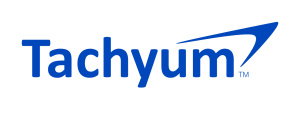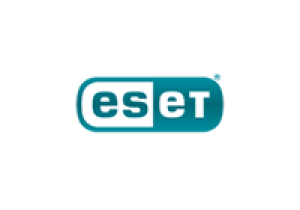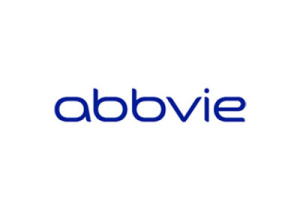
Prof. IVAN Kalaš
Prof. Ivan Kalaš is a co-author of several programming environments for children, including Comenius Logo, Imagine Logo, Thomas the Clown and RNA (Revelation Natural Arts) adopted by thousands of schools, home and abroad. He is also an author and co-author of several books and textbooks on children programming and informatics, which have been published in several languages and countries in Europe and elsewhere. He has been active in several national and international policy efforts and initiatives. Ivan represents Slovakia in the IFIP Technical Committee for Education. From
2008 to 2013, he was a member of the International Advisory Board of the Microsoft Partners in Learning initiative. From 2014 he is a lead developer of the UCL ScratchMaths programming interventions for English pupils aged 9 to 11.
2008 to 2013, he was a member of the International Advisory Board of the Microsoft Partners in Learning initiative. From 2014 he is a lead developer of the UCL ScratchMaths programming interventions for English pupils aged 9 to 11.
Sign in to Autumn ITAPA 2024
-
Informatics at elementary school - successes and potential risk factors | Medzinárodný kongres ITAPA 2017: Technology & HumanITy
In recent years we witness a new (although not the first one) outburst of interest in school informatics and educational programming, including its implementation at lower secondary and even primary stages. Slovakia is most probably the champion in this area when informatics was established as a mandatory subject at lower secondary level already at 2005 and at primary level three year later, in 2008. In my presentation I will characterise the actual state of this process, its successes, and its obstacles and potential risk factors. -
Informatics at elementary school - successes and potential risk factors | Medzinárodný kongres ITAPA 2017: Technology & HumanITy
In recent years we witness a new (although not the first one) outburst of interest in school informatics and educational programming, including its implementation at lower secondary and even primary stages. Slovakia is most probably the champion in this area when informatics was established as a mandatory subject at lower secondary level already at 2005 and at primary level three year later, in 2008. In my presentation I will characterise the actual state of this process, its successes, and its obstacles and potential risk factors.




















